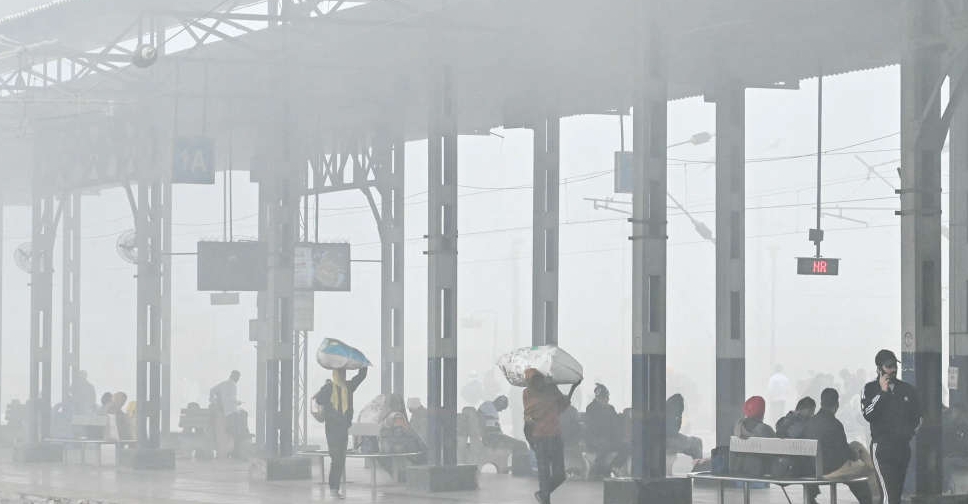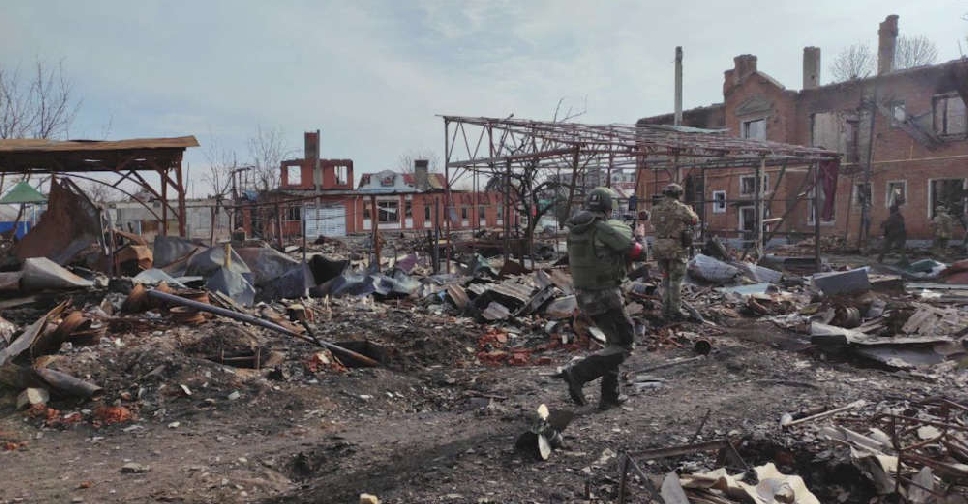
The National Capital Region (NCR) of India, including the capital city of New Delhi, is now under semi-lockdown following a sharp deterioration in air quality, which has reached "Severe Plus" levels.
The Air Quality Index (AQI) surged to a hazardous 457 on Sunday, prompting urgent measures from local authorities.
In response to the alarming pollution levels, India’s Ministry of Environment, Forest, and Climate Change has ordered offices across the NCR to operate at just 50 percent capacity, urging remaining employees to work from home. This move is part of a broader effort to reduce exposure to the toxic air, which has become a major health concern in the region.
Following an emergency meeting on Sunday it was recommended the closure of all schools above class six. Educational institutions have been asked to transition to online learning to prevent students from exposure to the harmful smog. Primary schools, which had already closed on November 15 due to the worsening air quality, will remain shut.
Authorities have advised that children, the elderly, and individuals with pre-existing health conditions, particularly those with respiratory, cardiovascular, or cerebrovascular diseases, remain indoors. Medical facilities in the NCR are reporting an increase in asthma cases, respiratory issues, and other ailments related to air pollution, especially among children.
Other measures have been put in place as part of the emergancy response, including a ban on trucks entering Delhi, except for those carrying essential goods or those equipped with pollution-control technology. Light commercial vehicles registered outside Delhi have also been prohibited from entering unless specifically authorised to operate within the city.
In addition, a temporary halt has been placed on all construction activities, which are major contributors to airborne particulate matter, and residents have been urged to avoid burning coal for heating as the winter chill sets in.
Reports indicate a surge in children visiting medical centers with asthma, coughs, and allergic reactions triggered by the high levels of particulate matter in the air. Doctors are warning that the prolonged exposure to such severe pollution could lead to long-term health effects, particularly for vulnerable groups, including children and the elderly.
Meteorological conditions in the region are further aggravating the pollution crisis. The combination of low wind speeds and temperature inversions has trapped pollutants close to the ground, preventing the dispersal of toxic smog.
Authorities have indicated that the situation may persist unless significant weather changes occur, adding urgency to ongoing efforts to mitigate the effects of air pollution.
As Delhi grapples with this public health crisis, the urgency of addressing the city's air pollution problem has never been clearer.
Environmental experts and health professionals are calling for stronger and more sustained measures to reduce pollution at its source, such as stricter emissions standards, better waste management practices, and greater investment in clean energy solutions.
Residents of New Delhi and its surrounding areas are being urged to stay indoors as the government battles to bring the air quality levels back to safe limits.


 Putin backs US ceasefire idea for Ukraine but says there's lot to clarify
Putin backs US ceasefire idea for Ukraine but says there's lot to clarify
 British PM Starmer scraps health body NHS in search of savings, better care
British PM Starmer scraps health body NHS in search of savings, better care
 Russia says its forces will soon retake all of Kursk from Ukrainian troops
Russia says its forces will soon retake all of Kursk from Ukrainian troops
 Russia ready to discuss peace initiative on Ukraine with US
Russia ready to discuss peace initiative on Ukraine with US
 Australia reviews visa of US influencer filmed taking baby wombat
Australia reviews visa of US influencer filmed taking baby wombat




